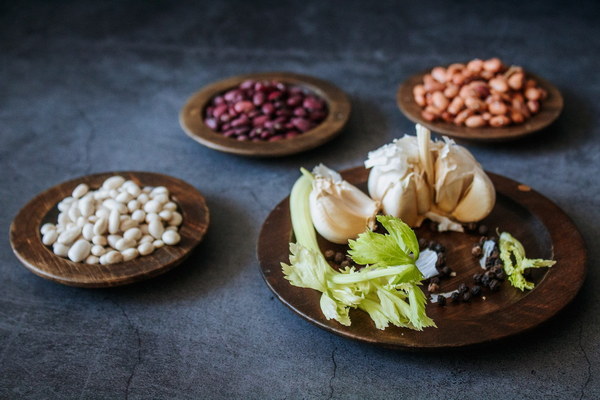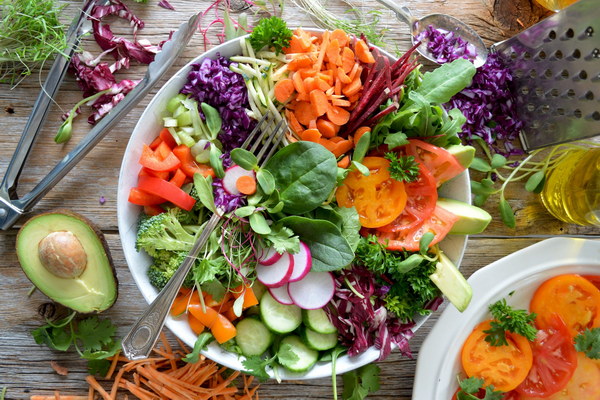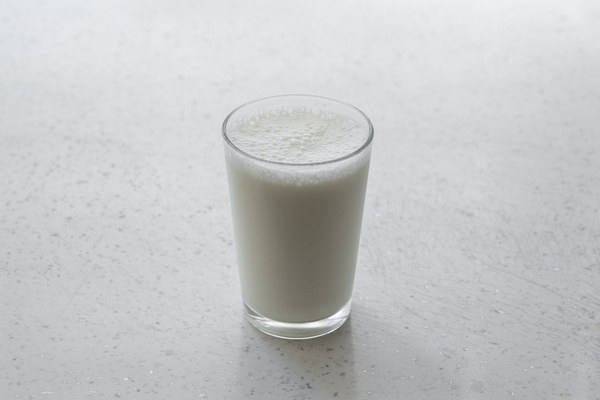Nurturing Your Liver Traditional Chinese Medicines Approach to Liver Health and Care
In the realm of Traditional Chinese Medicine (TCM), the liver holds a significant place as one of the five major organs, each responsible for different aspects of physiological function. The liver is considered the king of organs due to its role in detoxification, blood filtration, and the regulation of emotions. Maintaining liver health is crucial for overall well-being, and TCM offers a wealth of practices and principles to support this. Here's a comprehensive guide on how to nurture and care for your liver according to TCM.
Understanding the Liver in TCM
According to TCM, the liver is associated with the wood element, which represents growth, flexibility, and creativity. The liver is responsible for the smooth flow of Qi (vital energy) and blood throughout the body. When the liver is balanced, it ensures a harmonious emotional state, supports digestion, and aids in the detoxification process.
Key Practices for Liver Health
1. Diet and Nutrition

- Eat a Balanced Diet: Consume a variety of fruits, vegetables, whole grains, and lean proteins. Avoid excessive intake of fried, processed, and sugary foods, as they can burden the liver.
- Include Liver-Healthy Foods: Incorporate foods that are known to support liver function, such as bitter greens (like kale and dandelion), carrots, beets, and garlic.
- Limit Alcohol: Alcohol is particularly hard on the liver, so it's important to consume it in moderation or avoid it altogether.
2. Herbs and Supplements
- Milk Thistle: This herb is well-known for its liver-protective properties and is often used in TCM to support liver function.
- Artichoke: Artichoke leaves contain compounds that may help to improve liver function and reduce inflammation.
- Dandelion: Dandelion is a diuretic and can help to detoxify the liver by increasing bile production.
3. Acupuncture and Massage
- Acupuncture: This ancient practice involves inserting fine needles into specific points on the body to stimulate the flow of Qi and blood. Acupuncture can help to balance the liver and improve overall health.
- Tui Na: This is a form of Chinese massage that focuses on the meridians and can help to relieve tension and improve circulation, which is beneficial for liver health.
4. Stress Management
- Mindfulness and Meditation: High levels of stress can negatively impact liver function. Practices such as mindfulness, meditation, and deep breathing exercises can help to reduce stress and promote emotional balance.
- Regular Exercise: Physical activity is important for maintaining overall health and can help to reduce stress levels.
5. Sleep and Rest
- Adequate Sleep: The liver is most active during the hours of 1 to 3 AM. Ensuring you get enough sleep during this time is crucial for liver health.
Lifestyle Adjustments
- Avoid Overexertion: Overwork and excessive physical strain can harm the liver. It's important to balance work and rest.
- Limit Exposure to Toxins: Reduce exposure to environmental toxins and chemicals, which can burden the liver's detoxification process.
Conclusion
Nurturing the liver through TCM practices is a holistic approach that involves more than just herbal remedies. It encompasses diet, lifestyle, stress management, and other natural practices that work together to support liver health. By incorporating these principles into daily life, one can promote a balanced liver function and overall well-being. Remember, it's always best to consult with a qualified TCM practitioner before starting any new treatment or diet.









